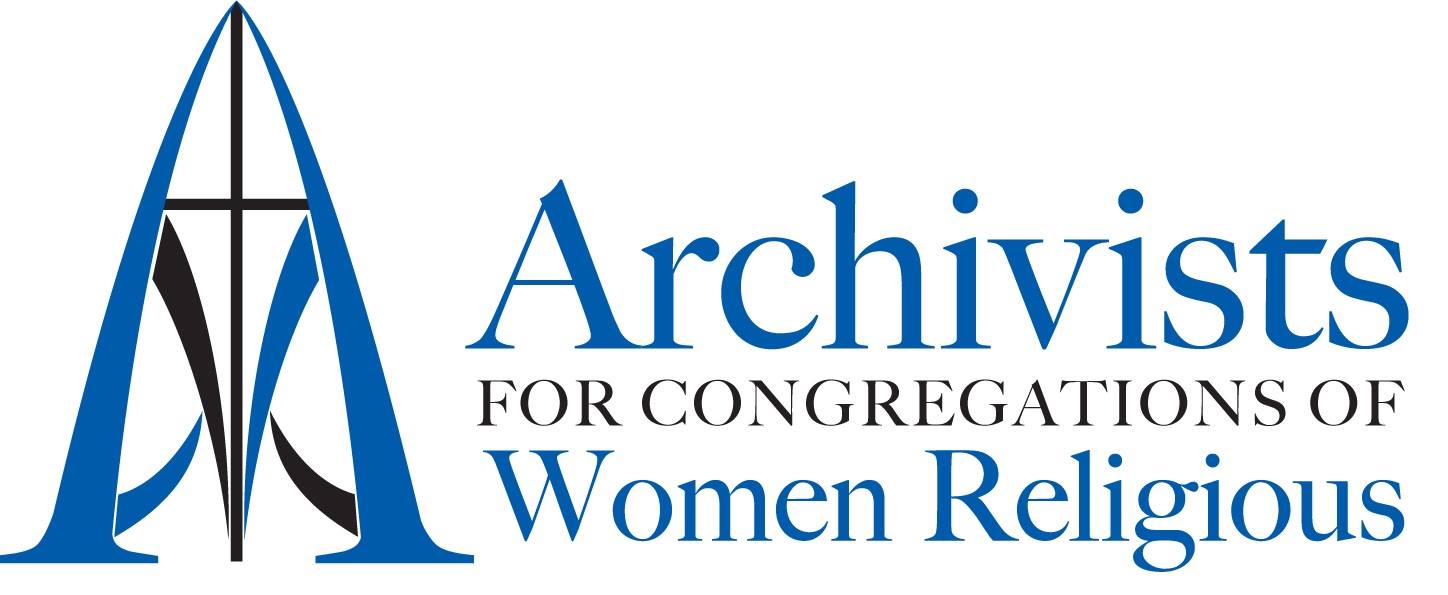TRANSITIONING ARCHIVES
TRANSITIONING ARCHIVES
Whether a congregation is at the beginning of its journey, in mid-life, or coming to fulfillment, its Archives is the heart and soul of the congregation’s memory. A congregation’s Archives is an invaluable resource, a treasury of stories documenting every facet of outreach and service that shaped the communities and dioceses in which the congregation lived and served. Women religious are at a time and place to raise up these rich archival collections, take an accounting, and shape a vision for their future.
That Women Religious have significantly impacted this country since their arrival in 1727 is indisputable. Through their tireless efforts in spiritual formation, education, health care, and social service, and in their commitment to contemplation and action, Women Religious have forged a rich history of transformative service and empowerment, captured in the annals of individual communities, each with its own distinctive character and contribution. The decreasing number of Women Religious in the United States highlights the urgency in developing a plan for keeping the mission, charism, and history of sisters alive. Women Religious across the United States are engaged in strategic legacy planning that is multi-faceted in scope and yet specific to the varying needs of each congregation. One pressing issue is long-term management and planning for the preservation of congregational archives.
The findings presented here come from a study on Women Religious Archives conducted by CARA in 2022. The study included a national survey and two focus groups of leadership and Archivists of women religious institutes. The goal of this survey was to understand the current state of women religious archives from the perspective of both religious leaders and their Archivists to assess present conditions and future needs.
Sourced from Religious Sisters Archives, Mark M. Gray, Ph.D. and Sr. Patricia Wittberg, SC, Ph.D.
CARA Special Report, Spring 2023
